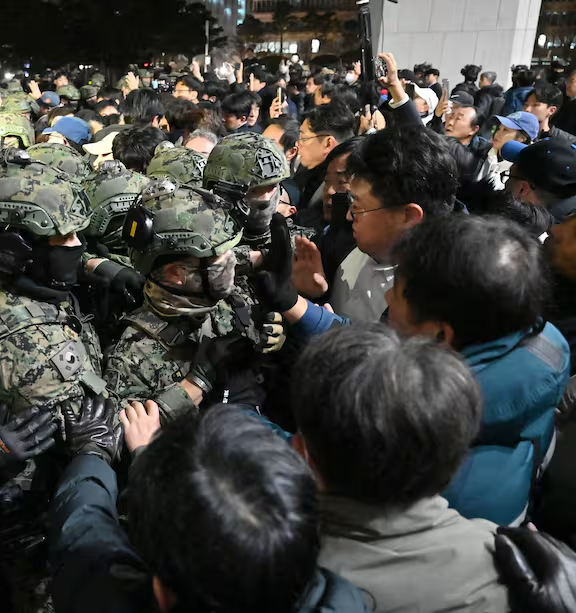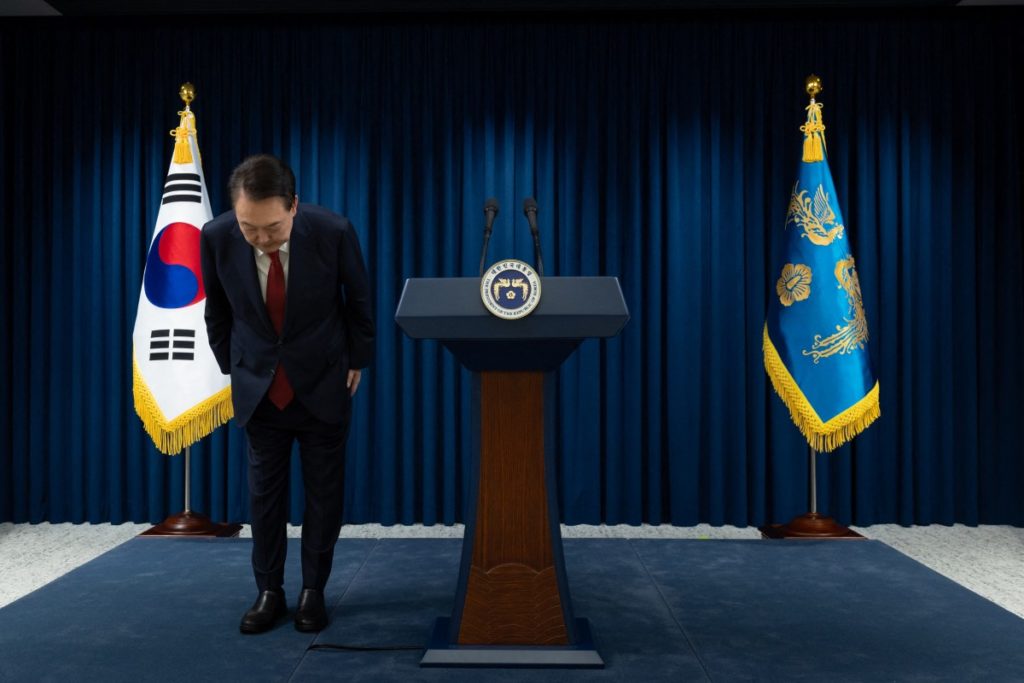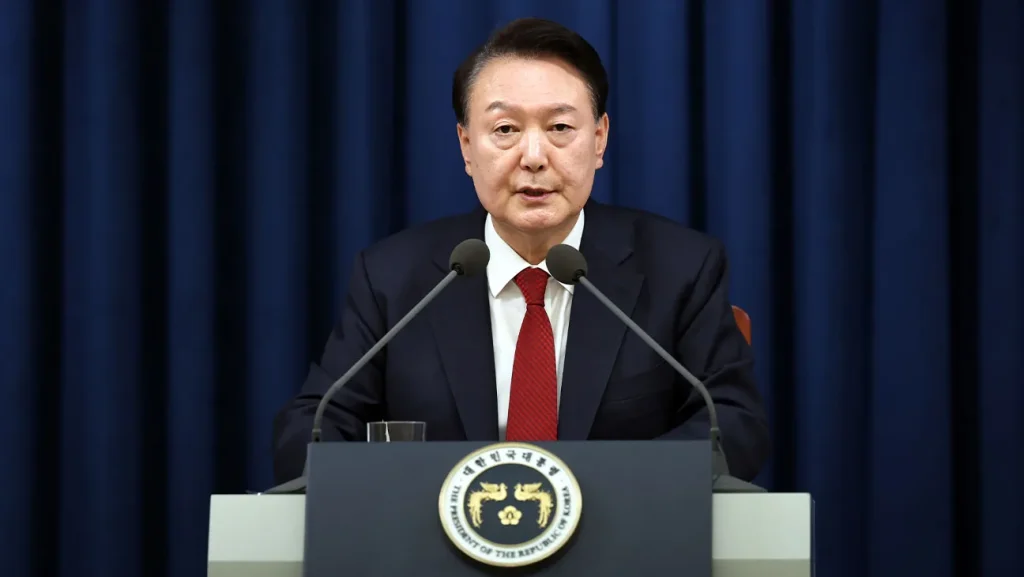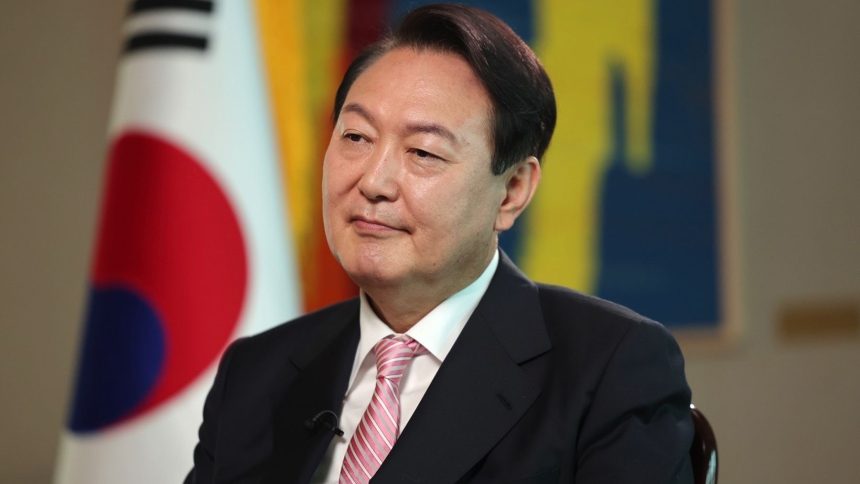South Korea President Yoon Suk Yeol finally issued a formal apology on Saturday over his controversial declaration of martial law. This decision has thrown the nation into disarray, with both domestic and international observers expressing shock and concern over the unprecedented events of the past week.
The president’s address comes just hours before a pivotal impeachment vote in parliament, which could ultimately determine his political future.
The chaos began on Tuesday night when President Yoon made an announcement, imposing martial law for the first time in more than 40 years. The move saw the deployment of military troops and helicopters to the National Assembly, ostensibly to enforce order during a time of political gridlock.
The decision sparked outrage across the political spectrum, with critics condemning it as a severe overreach of executive power and an alarming threat to South Korea’s democratic foundations.

In response to the announcement, lawmakers defied the martial law decree and managed to convene, ultimately voting to overturn the president’s order. By early Wednesday morning, Yoon was forced to rescind the declaration.
Appearing visibly strained during his televised address, President Yoon expressed regret for his actions. “The declaration of martial law arose from my desperation as president,” he stated. “I caused anxiety and inconvenience to the public. I sincerely apologize.”
READ ALSO: Britain Weighs Response to Potential Tariffs from Trump Administration
However, his words offered little solace to a nation still reeling from the shock of his actions. Notably, Yoon stopped short of announcing his resignation, instead declaring that he would “entrust the party with measures to stabilize the political situation, including my term in office.”
The political fallout has been swift and far-reaching. Calls for Yoon’s resignation have come not only from the opposition but also from prominent figures within his own People Power Party (PPP). While the official party stance as of late Friday was to oppose impeachment efforts, internal divisions have begun to surface.

Party leader Han Dong-hoon issued a stark warning, stating, “The normal performance of the president’s duties is impossible under the current circumstances, and an early resignation of the president is inevitable.” This dissent has further destabilized the ruling party and added fuel to the political firestorm.
As parliament prepared to vote on Yoon’s impeachment on Saturday, hundreds of protesters began gathering outside the legislative building, with organizers estimating a turnout of up to 200,000 people.
READ ALSO: Trump Names Former PayPal Chief, David Sacks as “White House A.I. & Crypto Czar”
Demonstrators carried banners and chanted slogans demanding accountability and the president’s immediate resignation. The atmosphere was tense, with many viewing the vote as a critical moment for South Korea’s democracy.

Opposition leader Lee Jae-myung noted the uncertainty surrounding the impeachment motion, stating that it was unclear whether it would pass despite growing public and political pressure. The outcome of the vote could either pave the way for Yoon’s removal or deepen the current crisis, prolonging a period of instability.
The events of the past week have left an indelible mark on South Korea’s political landscape. Yoon’s actions have not only jeopardized his presidency but also raised broader concerns about the resilience of the country’s democratic systems.

